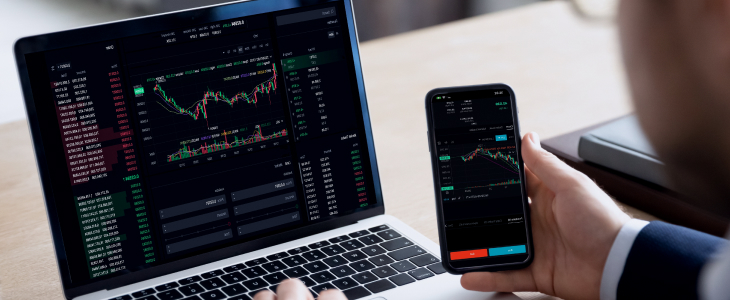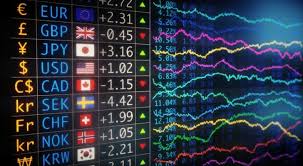Revolutionizing Forex The Impact of Software Trading on Currency Markets

Revolutionizing Forex: The Impact of Software Trading on Currency Markets
In the fast-paced world of forex trading, having the right tools and software can make all the difference. As traders look for ways to maximize their profits and minimize risks, forex software trading Trading Uganda stands out as a platform that offers various services to enhance trading strategies. This article examines the transformative impact of forex software trading on the currency markets, exploring its benefits, challenges, and the future of trading technology.
The Importance of Forex Software in Modern Trading
Forex trading software encompasses a range of tools designed to assist traders in analyzing the market, executing trades, and managing risks. In an industry where speed and accuracy are paramount, software trading is no longer optional; it has become essential. Several key functionalities demonstrate the importance of forex software:
- Automation: Automated trading software can execute trades based on pre-set criteria, allowing traders to capitalize on market opportunities without the need for constant monitoring.
- Analysis Tools: Advanced charting tools and technical indicators help traders make informed decisions by analyzing price movements and trends.
- Risk Management: Software tools offer risk management features such as stop-loss orders and take-profit points, which help protect against significant losses.
- Access to Historical Data: Traders can access a wealth of historical data to refine their strategies and better understand market conditions.
Types of Forex Trading Software
The forex trading software market is diverse, catering to different trading styles and preferences. Below are the primary types of software available:
1. Trading Platforms
Trading platforms like MetaTrader 4 (MT4) and MetaTrader 5 (MT5) are arguably the most popular types of forex software. They provide users with the ability to execute trades, analyze markets, and access various trading tools in one place. These platforms also support automated trading through expert advisors (EAs), allowing even novice traders to implement complex strategies.
2. Signal Providers
Signal providers offer trading signals based on market analysis, helping traders make decisions about when to enter or exit trades. These services can be integrated with trading platforms, enhancing the decision-making process.
3. Custom Indicators
Many traders develop or purchase custom indicators to better suit their trading strategies. These indicators can enhance technical analysis by providing unique insights that standard indicators may not offer.
4. Risk Management Tools
Risk management tools specifically designed for forex trading help traders evaluate their risk exposure and make informed decisions to minimize potential losses.
The Advantages of Using Forex Trading Software
Adopting forex trading software offers numerous benefits:

- Increased Efficiency: Automated processes reduce the time needed to analyze markets, place trades, and manage portfolios, allowing traders to focus on strategy development.
- Data-Driven Decisions: Access to real-time market data and historical information allows traders to make well-informed decisions, which can lead to better trade outcomes.
- Psychological Detachment: Automated trading can help eliminate the emotional aspect of trading, which often leads to poor decision-making.
- Flexibility: Many forex software solutions are accessible on various devices, enabling traders to stay connected to the markets regardless of location.
Challenges in Forex Software Trading
While forex software trading presents various advantages, it is not without challenges:
1. Technical Issues
Reliability is paramount in trading software. Any downtime or error can lead to significant financial losses.
2. Overreliance on Automation
Some traders may become overly reliant on automated trading systems, neglecting fundamental analysis and market research, which are critical for long-term success.
3. Security Risks
With the increasing use of online platforms, the risk of cyber threats also rises. Traders must ensure that the platforms they choose use robust security measures to protect their data and funds.
The Future of Forex Trading Software
As technology continues to evolve, the landscape of forex trading software is also changing. Here are some trends that are likely to shape the future:
1. AI and Machine Learning
Artificial intelligence (AI) and machine learning are expected to enhance trading algorithms, providing more accurate predictions and smarter automated trading systems.
2. Blockchain Technology
Blockchain technology can potentially revolutionize forex trading by increasing transparency and reducing the need for intermediaries, thereby lowering fees and transaction times.
3. Mobile Trading Innovations
With an increasing number of traders using mobile devices, the demand for innovative mobile trading solutions will rise, leading to more intuitive interfaces and enhanced user experiences.
Conclusion
Forex trading software has fundamentally transformed the currency markets, providing traders with powerful tools to enhance their trading strategies. As this technology continues to advance, it will redefine how traders interact with the forex market. By staying informed about the latest innovations and adopting appropriate software solutions, traders can navigate the complexities of the forex market with confidence and efficiency.

